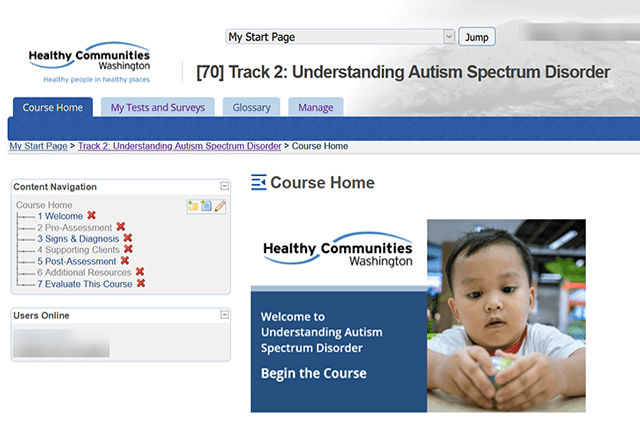Let’s say you’re about to launch a local screening service. There was a similar program years ago that no one attended for some reason. You’re nervous about the new service failing, but you’re not sure how to prevent that. After all, you’re certain that this community needs this screening service.
What would you do?
The first step is understanding why the community didn’t attend the previous service. The second step? Addressing that cause.
Focus groups are common practice for people in health care, public health, political sciences, sociology, psychology, and other research-heavy fields. Many health agencies and other organizations use focus groups to understand the community they serve.
A focus group is a type of qualitative research where participants discuss a particular issue with each other. Researchers often use it to find out what people think about a certain product or service.
Beware. The success of your focus group depends on the people who participate. Participants usually come from different backgrounds, which helps researchers gain a broader perspective on the subject. But the most important factor is choosing a group that represents the community you’re serving.
Why Are Focus Groups Important?
Many organizations use focus groups in program development and design. The right questions can steer your direction when developing your curriculum. Others use focus groups to create educational campaigns or decide on what service they should offer next.
Another common use is post-program evaluation, as the focus group can give the instructors and admin staff valuable feedback to improve the program in the future.
All in all, a focus group is a priceless tool for understanding your community and serving them better.
Focus Group Question Examples
Once you’ve chosen your participants, you’ll need to get them comfortable enough to talk openly about their thoughts and feelings. Your choice of questions is essential for the success of your focus group. These questions should be specific and relevant to the topic at hand. They should spark dialogue and help you uncover the community’s needs in order to address them.
First, the most common type of question asked during a focus group is called a “closed” question. These types of questions ask participants what they think about something, such as whether they would buy a particular product or service.
Closed questions are easy to answer because they require little thought from the participant. Closed questions often lead to answers that aren’t very insightful. For example, if you ask a person whether they would visit the local clinic for an evaluation, you’ll likely get a yes or no response which won’t tell much about why the person answered one way or the other.
However, you can follow this with, “Why would you visit another clinic if there’s one in your area?” or “Could you tell us about your most recent experience in this clinic?” This type of question is open — it prompts the participant to elaborate on their response rather than say yes or no. This is where you’ll get to the real meat of the conversation.
Other than open or closed, we can break questions into three types based on the purpose.
Engagement Questions
An engagement question aims to introduce participants to each other and the moderator(s). They spark the conversation. And they help make people comfortable by breaking the ice.
Related: Try these tips to increase engagement in your online sessions.
We must keep in mind that the topics covered in a focus group may be sensitive or difficult. In the context of health, they may stir emotions like frustration. So engagement questions are a great way to ease into the topic and help participants open up.
These are some examples of engagement questions for a focus group:
- Please introduce yourself and tell us about your role in the community.
- How would you describe the current state of the community?
- What made you decide to join us today?
Exploration Questions
An exploration question dives into the topic. The purpose is to uncover the areas you want to understand. Exploration questions take the bulk of the focus group discussion.
You want to plan plenty of time for the exploration phase, as here’s where you’ll get the information you’re after.
Try these exploration questions during your focus group:
- What do you think is the biggest problem facing our community today?
- How has your experience been with local healthcare facilities?
- What do you think would improve the local health services?
- What would it take for you to consider the initiative successful?
- Are there any services you would like to see in this facility?
Exit questions
Exit questions open the conversation so that participants can add anything they feel was lacking from the exploration questions.
These are simple examples of an exit question:
- What do you think we need to improve?
- Is there anything you’d like to add that we haven’t covered yet?
Focus Groups Are a Priceless Tool for Any Health Agency
Focus groups are an excellent method for gathering data because they allow participants to share their opinions freely without fear of being judged. They also provide insight into how people feel about a given subject, allowing researchers to understand why people behave as they do.
The focus group format helps people engage with other participants, fostering open conversation and providing the organization with valuable insights. It also helps people feel more at ease compared to a one-on-one interview.



